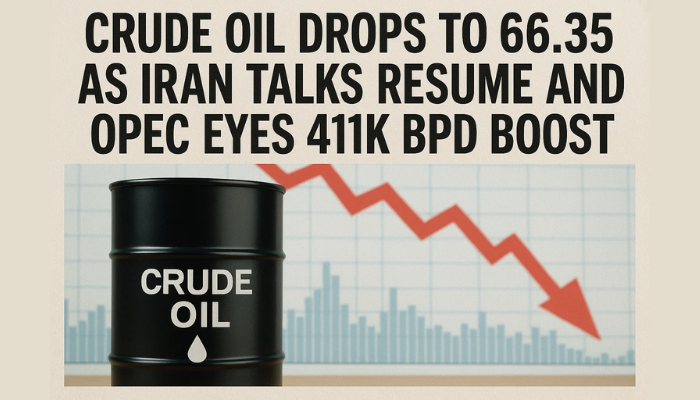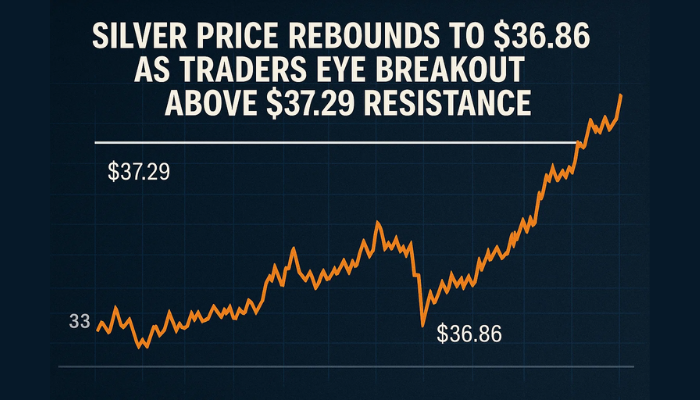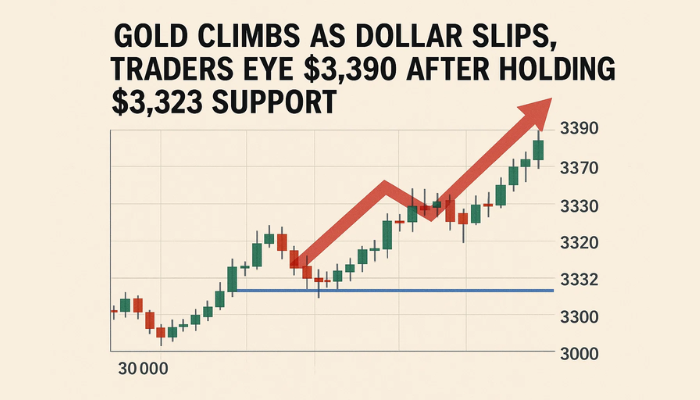Manufacturing Activity Revised Higher in Europe
The manufacturing sector keeps expanding in Europe

The manufacturing activity during this second wave of coronavirus restrictions and lock-downs has been holding up well, compared to the first lock-downs last spring. Services are in recession again in Europe doe to the restrictions, but manufacturing keeps expanding. Today’s revisions for February were positive all over the continent, as the repost below show.
German February Final Manufacturing PMI
- February final manufacturing PMI 56.1 vs 55 expected
- Initial reading was 56.1 points
French February Final Manufacturing PMI
- February final manufacturing PMI 60.7 vs 60.6 expected
- Initial reading was 60.6 points
Eurozone February Final Manufacturing PMI
- February final manufacturing PMI 57.9 vs 57.7 expected
- Initial reading was 57.7 points
“Manufacturing is appearing as an increasingly bright spot in the eurozone’s economy so far this year. The PMI has reached a three-year high to run at a level that has rarely been exceeded in more than two-decades of survey history – notably during the dot-com bubble, the initial rebound from the global financial crisis and in 2017-18.
“Producers are benefitting from resurgent demand for goods in both domestic and export markets, linked to post-COVID recovery hopes driving renewed stock building and investment in business equipment and machinery, as well as improved consumption.
“The solid manufacturing expansion is clearly helping to offset ongoing virus-related weakness in many consumer-facing sectors, alleviating the impact of recent lockdown measures in many countries and helping to limit the overall pace of economic contraction.
“The growth spurt has brought its own problems, however, with demand for inputs not yet being met by supply. Shipping delays and shortages of materials are being widely reported, and led to near record supply chain delays. Prices paid for inputs are consequently rising at the fastest rate for nearly a decade, hinting at further increases in consumer price inflation in coming months, at least until supply and demand come back into balance.”
- Check out our free forex signals
- Follow the top economic events on FX Leaders economic calendar
- Trade better, discover more Forex Trading Strategies
- Open a FREE Trading Account


